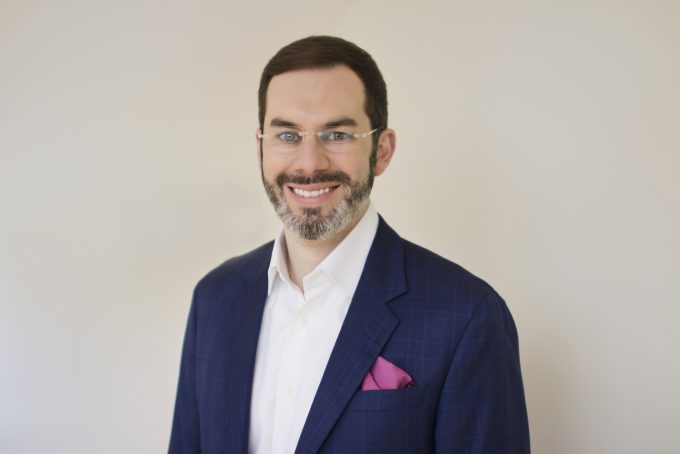Laser Hair Removal 101: How to Vet Your Practitioner

Laser hair removal (LHR) is one of the most common non-invasive procedures in the cosmetic industry, using advanced laser technology to safely and permanently remove unwanted dark hair from the body. Over the course of my career, I have helped thousands of patients achieve noticeable, long-term results through LHR treatments. From helping patients prepare for bikini season to removing facial or back hair, I’ve truly seen it all when it comes to LHR treatments!
While LHR is a highly effective treatment, in the wrong hands it can also be very dangerous. I have testified in a number of cases regarding LHR-related injuries and have witnessed firsthand the significant harm – sometimes even third-degree burns and permanent scarring – that this procedure can cause. There are three types of practitioners with regards to LHR:
- Those that have received proper training and use proper laser devices.
- Those that have not received proper training or do not possess adequate laser devices.
- Those that are negligent and do not have patients’ best interest in mind.
I believe that the majority of LHR complications can be avoided by taking the time to assess the quality of practitioner offering the treatments, so I want to share what every patient should look for when choosing a LHR treatment.
Practitioner Experience
LHR treatment experience is the number one factor to consider when selecting a practitioner. Proper training is necessary to understand fully how the laser works, what type of results are realistic for a patient’s given skin type and how to avoid potential complications. You should only receive LHR from a medical office that specializes in the treatment, not one that features it as an add-on to their general service offerings. It’s also important to ask about the practitioner’s experience addressing any complications that may have occurred during past treatments. Be cautious of practitioners who are quick to respond that they have never had a complication, as this may be a sign they either lack ample experience or are being dishonest.
Type of Laser Being Used
Every skin type requires a different type of laser device to achieve optimal results and minimize the risk of potential complications. LHR treatment lasers commonly fall into four categories:
- Alexandrite – used for light-skinned patients.
- Nd:YAG – used for dark-skinned patients.
- Diode – used for all skin types, but only if the device is sophisticated enough.
- IPL – used only for super fine hair (but generally not recommended for LHR).
Take the time to ask a practitioner why they recommend one type of laser over another for your specific treatment. Darker-skinned patients should be especially thorough when choosing the right treatment provider as the wrong choice in laser could result in possible complications such as burns/scarring. You should also ask how old the device is and whether it was bought new (directly from the manufacturer) or used from another practice.
Cost of Treatment
When it comes to LHR treatments, a lower price doesn’t mean you’re getting a great deal. Rather, discounts, promotions and Groupons are all red flags of a practice that is looking for profits – not results. The cost of treatment should factor in the device being used (sometimes upwards of $100,000), the training completed by the practitioner and the time it takes to administer the procedure. A higher price means greater quality of treatment and a reduced likelihood of complications.
Pre- and Post-Treatment Protocol
Practitioners should advise patients on the steps they need to take both before and after receiving treatment. Many states – including Alabama – legally require a patient to be seen by a licensed and trained medical physician during consultation and to provide both verbal and written consent prior to receiving LHR. Your practitioner should ask questions related to your skin type, medications you use, recent history of aesthetic treatments (chemical peels, retinol use, etc.) and habits (sunbathing, tanning, etc.). Patients should shave all areas being treated and have no sun exposure immediately before and after the procedure. You should also be prescribed a series of pre- and post-procedure medical-grade skincare topicals to help ready your skin for the treatment and ensure greater results.
Every patient should feel confident in the quality of care being offered by a cosmetic practice and should never feel uncomfortable asking a practitioner questions. It’s important that you take the necessary steps to ensure you are receiving the best treatment possible and turn to a second opinion if needed. A practitioner who appears uncomfortable answering your questions is a sign they likely are not the best practice to choose! Through my years of hands-on training and work involving LHR-related cases, I have gained a firm understanding of this treatment and know how to deliver results for patients. Our practice possesses both the expertise and advanced laser technology needed to safely and effectively treat unwanted hair with LHR – that’s the Seiler Skin difference.
If you are interested in learning more about LHR or other laser treatments, book an appointment with us today or call 205.870.0204.